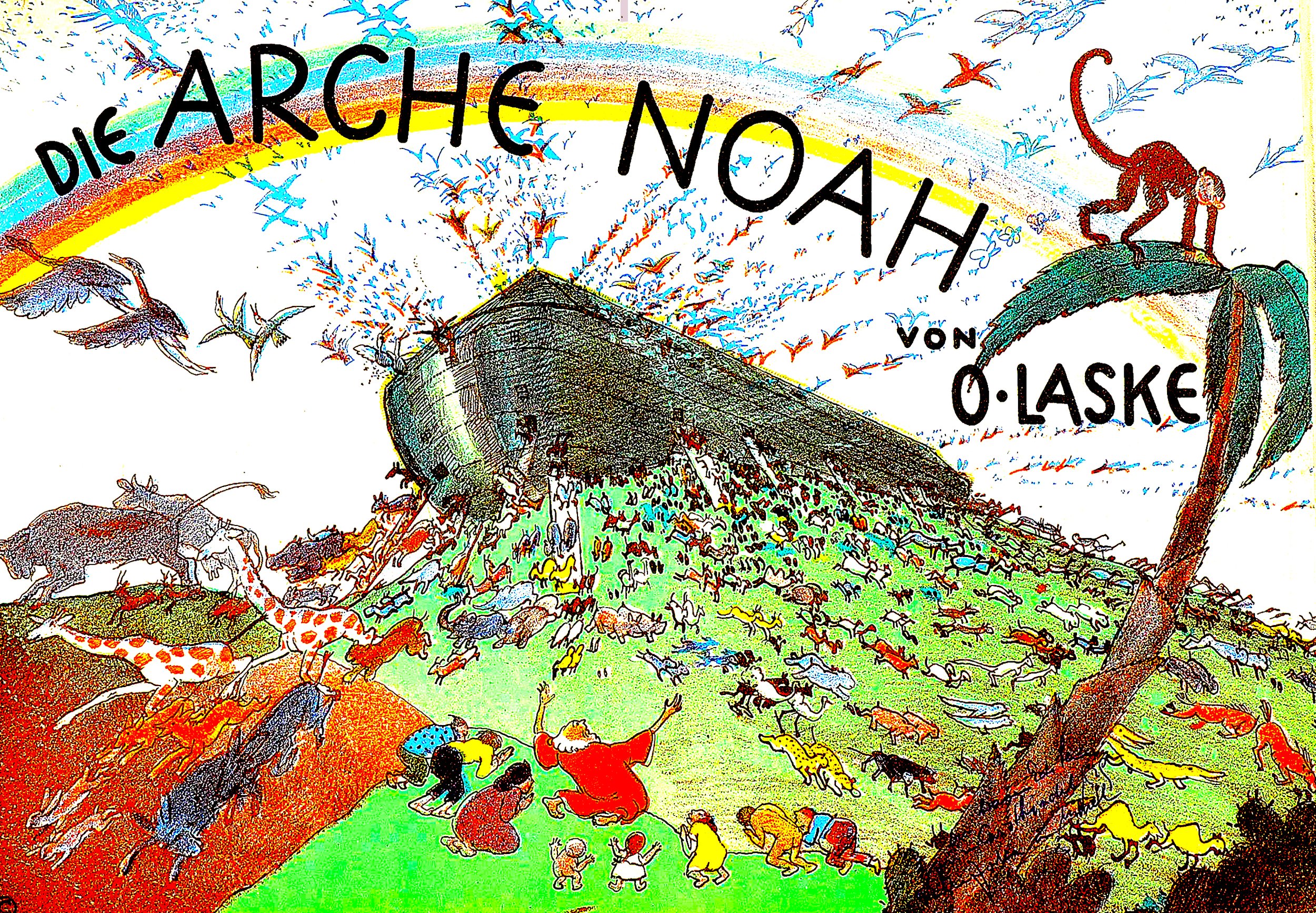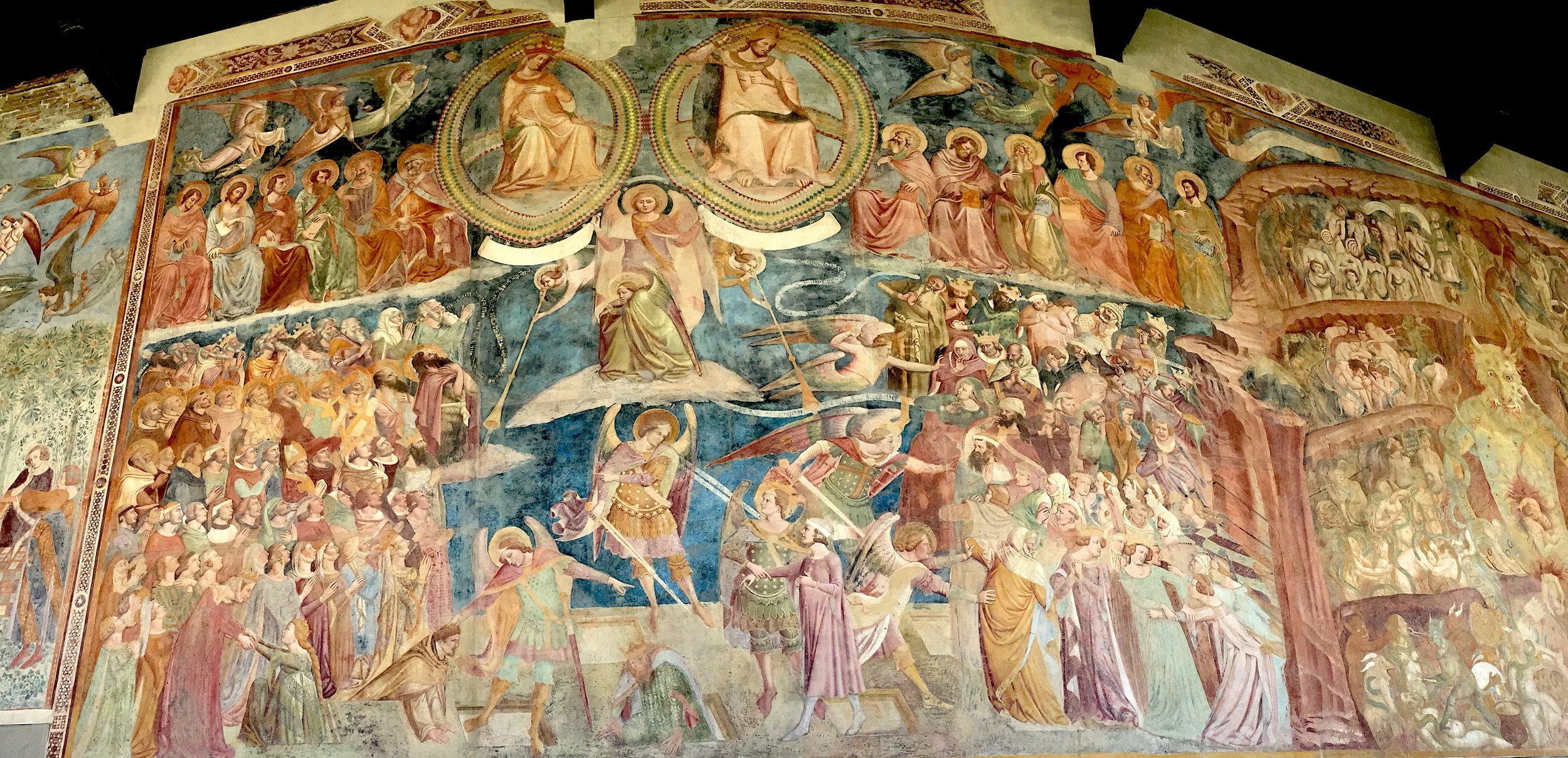The Double Refuge 🦋 Butterflies Landing
Huxley’s Definition
🦋
Agnosticism existed long before it had a name: it was prevalent wherever people were open to, yet doubtful about, religious belief. For instance, in 1811 Byron wrote, “There is something pagan in me that I cannot shake off. In short, I deny nothing, but doubt everything.” The situation of agnosticism was clarified for the Modern Age however in the late 19th century, once geology and natural selection supplied a clear alternative to biblical explanations of how humans got to be where and what they are. Were Byron to write after Darwin and Huxley, he might have written, “There is something agnostic in me that I cannot shake off. In short, I deny nothing, but doubt everything.”
I deal with this 19th century context on numerous occasions, especially in 🦖 At the Wild and Fog, where I argue that it’s no surprise that ten years after Darwin’s 1859 Origin of Species Thomas Henry Huxley came up with the term agnosticism in 1869. In his 1889 essay “Agnosticism” he describes how this occurred:
When I reached intellectual maturity and began to ask myself whether I was an atheist, a theist, or a pantheist; a materialist or an idealist; Christian or a freethinker; I found that the more I learned and reflected, the less ready was the answer; until, at last, I came to the conclusion that I had neither art nor part with any of these denominations, except the last. The one thing in which most of these good people were agreed was the one thing in which I differed from them. They were quite sure they had attained a certain "gnosis," — had, more or less successfully, solved the problem of existence; while I was quite sure I had not, and had a pretty strong conviction that the problem was insoluble. And, with Hume and Kant on my side, I could not think myself presumptuous in holding fast by that opinion. Like Dante, Nel mezzo del cammin di nostra vita Mi ritrovai per una selva oscura [In the middle of my life’s way, / I found myself in the middle of a dark wood], but, unlike Dante, I cannot add, Che la diritta via era smarrita [For I had lost the straight road]. On the contrary, I had, and have, the firmest conviction that I never left the "verace via" — the straight road; and that this road led nowhere else but into the dark depths of a wild and tangled forest. And though I have found leopards and lions in the path; though I have made abundant acquaintance with the hungry wolf, that "with privy paw devours apace and nothing said," as another great poet says of the ravening beast; and though no friendly spectre has even yet offered his guidance, I was, and am, minded to go straight on, until I either come out on the other side of the wood, or find there is no other side to it, at least, none attainable by me.
This was my situation when I had the good fortune to find a place among the members of that remarkable confraternity of antagonists, long since deceased, but of green and pious memory, the Metaphysical Society. Every variety of philosophical and theological opinion was represented there, and expressed itself with entire openness; most of my colleagues were -ists of one sort or another; and, however kind and friendly they might be, I, the man without a rag of a label to cover himself with, could not fail to have some of the uneasy feelings which must have beset the historical fox when, after leaving the trap in which his tail remained, he presented himself to his normally elongated companions. So I took thought, and invented what I conceived to be the appropriate title of "agnostic." It came into my head as suggestively antithetic to the "gnostic" of Church history, who professed to know so much about the very things of which I was ignorant; and I took the earliest opportunity of parading it at our Society, to show that I, too, had a tail, like the other foxes. To my great satisfaction, the term took; and when the Spectator had stood godfather to it, any suspicion in the minds of respectable people, that a knowledge of its parentage might have awakened was, of course, completely lulled.
That is the history of the origin of the terms "agnostic" and "agnosticism"; and it will be observed that it does not quite agree with the confident assertion of the reverend Principal of King's College, that "the adoption of the term agnostic is only an attempt to shift the issue, and that it involves a mere evasion" in relation to the Church and Christianity.
Huxley also writes that “Agnosticism is of the essence of science, whether ancient or modern. It simply means that a man shall not say he knows or believes that which he has no scientific grounds for professing to know or believe.” He writes that the claims of religion appear unbelievable, lacking “a scintilla of evidence,” yet he also remains open to changing his mind:
I cannot see one shadow or tittle of evidence that the great unknown underlying the phenomenon of the universe stands to us in the relation of a Father [who] loves us and cares for us as Christianity asserts. So with regard to the other great Christian dogmas, immortality of soul and future state of rewards and punishments, what possible objection can I—who am compelled perforce to believe in the immortality of what we call Matter and Force, and in a very unmistakable present state of rewards and punishments for our deeds—have to these doctrines? Give me a scintilla of evidence, and I am ready to jump at them.
Huxley has no objection to the idea of a loving God, and he knows it can’t be disproven. Yet he doesn’t see any convincing reason to believe it — especially since the natural world around him is 1. more obviously real and 2. equally wondrous:
I neither affirm nor deny the immortality of man. I see no reason for believing it, but, on the other hand, I have no means of disproving it. I have no a priori objections to the doctrine. No man who has to deal daily and hourly with nature can trouble himself about a priori difficulties. Give me such evidence as would justify me in believing in anything else, and I will believe that. Why should I not? It is not half so wonderful as the conservation of force or the indestructibility of matter ...
For Huxley, science is a verifiable way of reaching truth, but it doesn’t preclude other ways. He recognizes that the science of his day is also a belief — hence the wording, “[I] believe in the immortality of what we call Matter and Force.” He recognizes it as a belief, and as a belief that is subject to change.
Huxley is crucial to the definition of agnosticism because 1. he coined the term, and 2. he did so at a critical moment in human history. The 1860s was the first decade in all of recorded human time when it was possible to see a rational and substantiated explanation of how we got to be who we are — not just in theory, but in the combined terms of astronomy, geology, and evolutionary theory. Living at the precise time when Darwin’s theory was published (and was immediately under attack), it isn’t surprising that Huxley emphasizes the scientific method. Yet what remains reassuring about Huxley from an agnostic point of view is that he saw this amazing leap in scientific knowledge from a perspective which retained the true scientist’s resistance to dogma. He argued that the mysteries of Nature — the “wonderful […] conservation of force or the indestructibility of matter” and “the immortality of what we call Matter and Force” — neither came with a larger theological system, nor precluded such a system.
Huxley coined the term agnosticism in order to create a distance from both gnosticism, which posits a hidden spiritual knowledge, and from fixed rational positions such as atheism or positivism. He argues for an open exploration of knowledge, and makes it clear that he’s bothered as much by dogmatic atheists as by dogmatic theists. In 1884 he writes:
… Agnosticism puts aside not only the greater part of popular theology, but also the greater part of anti-theology. On the whole, the “bosh” of heterodoxy [anti-theology] is more offensive to me than that of orthodoxy [theology], because heterodoxy professes to be guided by reason and science, and orthodoxy does not.




